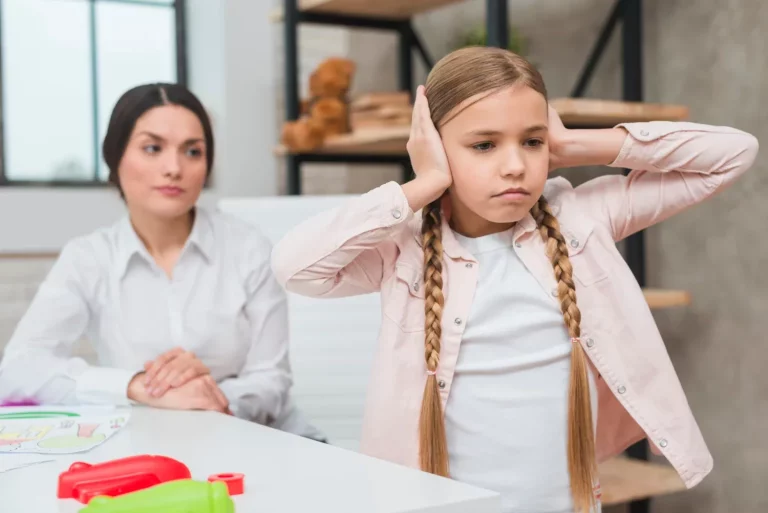Gray Divorce Refers to the Phenomenon of Late-Life Marital Splits
Have you ever heard of gray divorce? It’s when older couples decide to separate. Our experienced divorce lawyers can help guide you through this complicated process. Learn more about gray divorce and how we can assist you.
As stated in the legal document “Gray Divorce: A Growing Risk Regardless of Time Together” by Amanda P. Knapp, “gray divorce refers to the phenomenon of couples over the age of 50 choosing to end their marriage.” This often occurs after many years of marriage and can have significant financial and emotional impacts on both parties involved. It is important to seek support and guidance from legal professionals when going through a gray divorce to ensure a fair and equitable resolution for all.
Definition
Gray divorce is a term I find intriguing; it refers to older couples splitting up after many years of marriage.
Let me explain, divorces among couples in their 50s, 60s, or older are often called gray divorces. These splits usually come with a mix of strong emotions and unique issues, like dividing long-held assets and dealing with retirement accounts.
The term gray divorce points to the fact that these divorces happen later in life, after many years together. This can be a tough and emotional time because both people have likely built their lives around each other. Reasons for the split might include empty nest syndrome, changing priorities, or just growing apart over time.
Financially, gray divorces can be tricky. In other words, older couples often have more money and assets to divide, like retirement funds, which makes things more complicated. They also need to think about spousal support, social security benefits, and healthcare coverage.
Legally, gray divorces have their own set of challenges, such as how to divide property and whether one spouse will support the other financially. It’s very important for older couples going through a divorce to get help from experienced lawyers to make sure everything is handled fairly.
Causes
I recently learned that gray divorce refers to older couples, like those in their 50s or 60s, deciding to end their marriages.
As far as I’m concerned, there are several reasons why older couples might decide to get a divorce, also known as gray divorce.
One common reason is poor communication. Over time, couples may grow apart and find it hard to talk openly and honestly with each other.
Another reason can be infidelity. When one or both partners cheat, trust is broken, which can severely damage the marriage. This often leads to feelings of betrayal and resentment, Um, so ending this resulting in divorce.
Changes in priorities and values can also cause gray divorce. Come to think of it, as people get older, their goals and interests might change, making it harder to connect with their partner. This can create conflicts that are tough to resolve.
Financial stress is another significant factor. As people approach retirement, they may worry about their financial future and whether they can maintain their lifestyle. This stress can add strain to the marriage and cause disagreements.
Effects
As already explained, I’ve learned that gray divorce refers to the phenomenon where older couples decide to end their marriages.
Frankly, the effects of gray divorce, or divorce among older adults, can be very significant. Emotionally, people might feel lonely, sad, or lose a sense of purpose as they get used to life without their partner. This can be especially hard for older adults who might not have a strong support system.
Financially, gray divorce can mean a lower standard of living for both people. This can be more difficult for women if they left their jobs to raise children and now need to find work at an older age.
In other words, socially, relationships with family and friends might change, and one’s sense of identity and belonging can be affected. Older adults might also face issues with housing, healthcare, and planning for long-term care after the divorce.
Statistics
Adding to what was earlier stated I recently learned that gray divorce refers to the phenomenon where couples over the age of 50, or those in their senior years, decide to end their marriages.
All kidding aside, statistics show that more older couples are getting divorced recently.
There are several reasons for this increase. First, people are living longer and are healthier in their old age, making the years after retirement longer and sometimes harder to manage together. Also, society now views divorce more openly, removing much of the stigma once attached to it.
Gray divorce, or divorcing later in life, can have big financial effects. It often requires splitting retirement savings and pensions, which can affect both parties’ financial stability. As far as I’m concerned, this division of assets can also impact the financial security of adult children or grandchildren.
Besides money issues, gray divorce can affect people emotionally and socially. Older individuals may feel lonely and isolated after ending a long marriage. They might also find it hard to arrange new living situations and support networks.
Support
Combining earlier ideas, from my perspective, support during a gray divorce means providing the emotional and financial assistance that older individuals like myself might need as we navigate the complexities of ending a long-term marriage.
All kidding aside, gray divorce, which happens later in life after many years of marriage, can bring unique challenges for both partners.
Emotional support is very important during this tough time, as people may feel lonely, sad, or unsure about their future. Friends, family, and therapists can offer a helping hand and a listening ear as older adults adjust to their new lives.
Financial support is also a big concern in gray divorces, especially since older people might be close to retirement or facing financial questions. So to speak, splitting assets, figuring out spousal support, and adjusting to a new financial setup can be complicated without the right help.
Legal and financial experts can play a very important role in making sure the divorce settlement is fair. They can give advice on important matters like dividing property and retirement accounts.
In short, having solid support is key for older adults dealing with the end of a long marriage. With a strong support system, they can better handle the emotional and financial hurdles of gray divorce and move on with their lives.
Rounding it Up
As we’ve established previously in conclusion, gray divorce refers to the phenomenon of older couples ending their marriages later in life.
What TheBostonDivorceLawyers is finding useful to is, this trend is on the rise and can have significant financial, emotional, and social implications for those involved.
It is important for individuals in this stage of life to seek support and guidance as they work through the various problems that may occur of gray divorce.
References
Here is the literature that I was using for drafting this article:
- “Gray Divorce: A Growing Phenomenon” by Susan L. Brown, J. Scott Stanley, National Center for Family & Marriage Research
- “The Gray Divorce Revolution: Rising Divorce Among Middle-Aged and Older Adults, 1990–2010” by Susan L. Brown, National Center for Family & Marriage Research
- “Divorced in the Twilight Years: Older Adults’ Experiences of Grey Divorce” by Sara Arber, Virpi Timonen, Ashgate Publishing Limited







